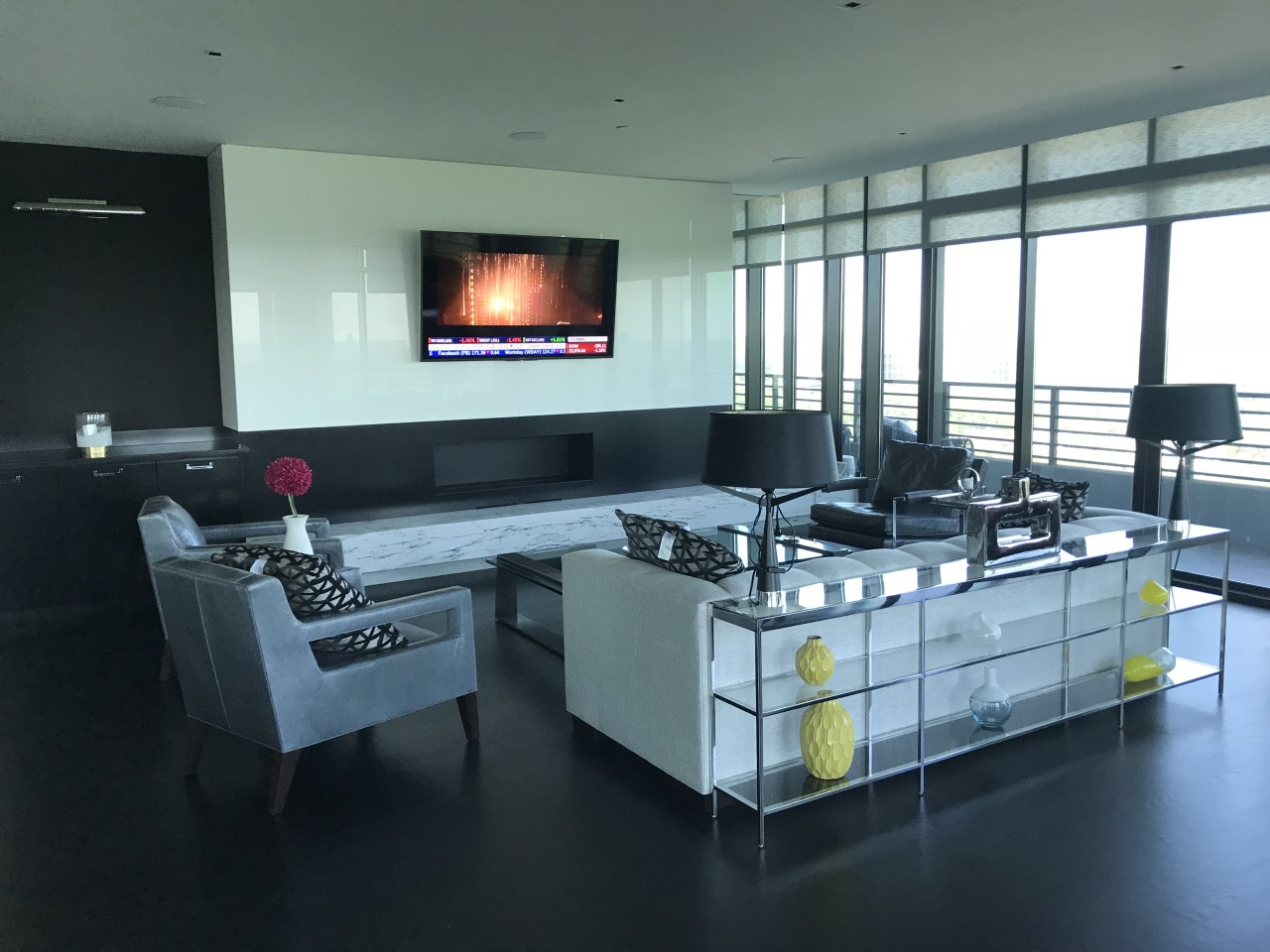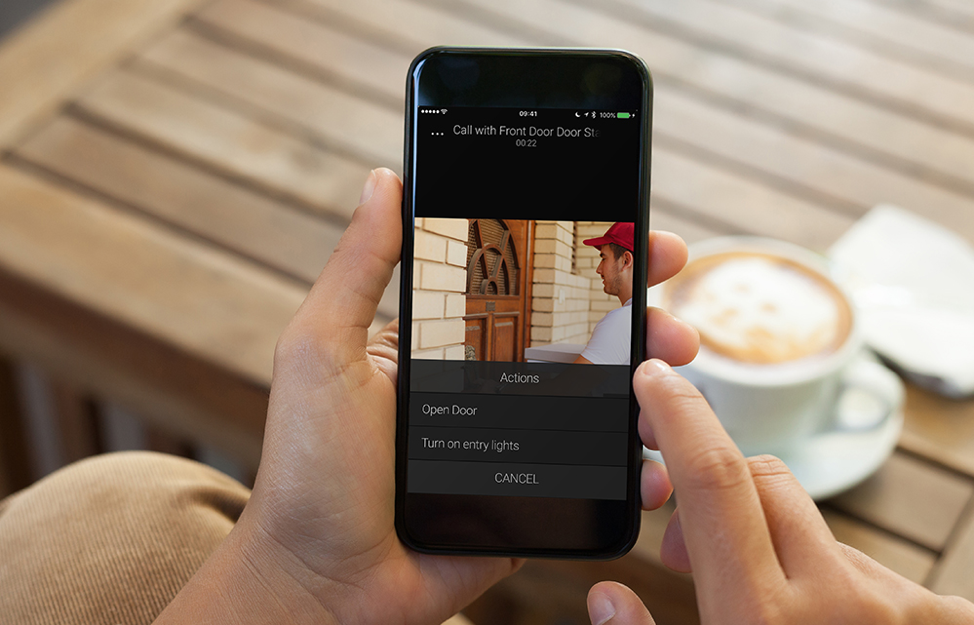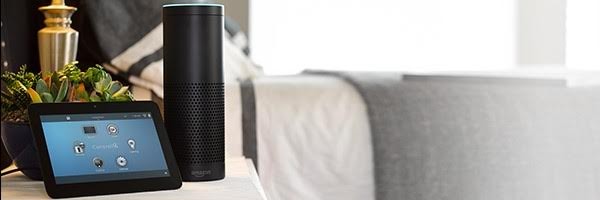As our population ages, the demand for innovative solutions to improve the quality of life for elderly residents is on the rise. At Atlanta Audio & Automation, we believe that integrating smart audio systems with home automation can significantly enhance the safety, comfort, and independence of elderly individuals. This blog explores how these advanced technologies are transforming elderly care, with features such as fall detection and voice-activated assistance leading the way.
The Role of Smart Audio Home Automation Elderly Care
Smart audio systems are no longer just about playing music. They have evolved into versatile tools that can significantly impact daily living, especially for elderly individuals.
Here are some key ways smart audio systems are making a difference:
- Voice-Activated Assistance: Smart audio systems integrated with voice assistants like Amazon Alexa, Google Assistant, and Apple's Siri provide hands-free control over various home functions. For elderly residents, this means they can easily control lighting, thermostats, and even call for help without needing to move from their spot. Simple voice commands can turn on lights, adjust the temperature, or contact family members and caregivers, offering a seamless and convenient living experience.
- Fall Detection and Emergency Alerts: One of the most critical concerns for elderly care is the risk of falls. Smart audio home automation elderly care systems equipped with advanced sensors can detect falls and automatically alert caregivers or emergency services. This prompt response capability can be life-saving, ensuring that help arrives quickly in case of an accident. The integration of these systems with home automation allows for real-time monitoring and immediate action, providing peace of mind for both the elderly and their families.
Enhancing Quality of Life with Home Automation
Home automation takes smart audio systems to the next level by creating an interconnected environment that enhances safety and comfort. Here’s how:
- Automated Routines: Home automation can simplify daily routines through the use of automated schedules and routines. For instance, lights can be programmed to turn on gradually in the morning, helping elderly residents wake up gently. Similarly, automated routines can ensure that doors are locked at night, the thermostat is set to a comfortable temperature, and security systems are armed, all without requiring any manual input.
- Health Monitoring and Reminders: Integrating smart audio home automation elderly care systems allows for personalized health monitoring and reminders. Medication reminders can be set to alert residents when it’s time to take their medications, reducing the risk of missed doses. Additionally, smart audio can be integrated with health monitoring devices to track vital signs and send alerts to caregivers if any irregularities are detected.
The Future of Elderly Care with Smart Technology
As technology continues to advance, the future of elderly care looks increasingly promising. Here are some trends to watch for in 2024 and beyond:



